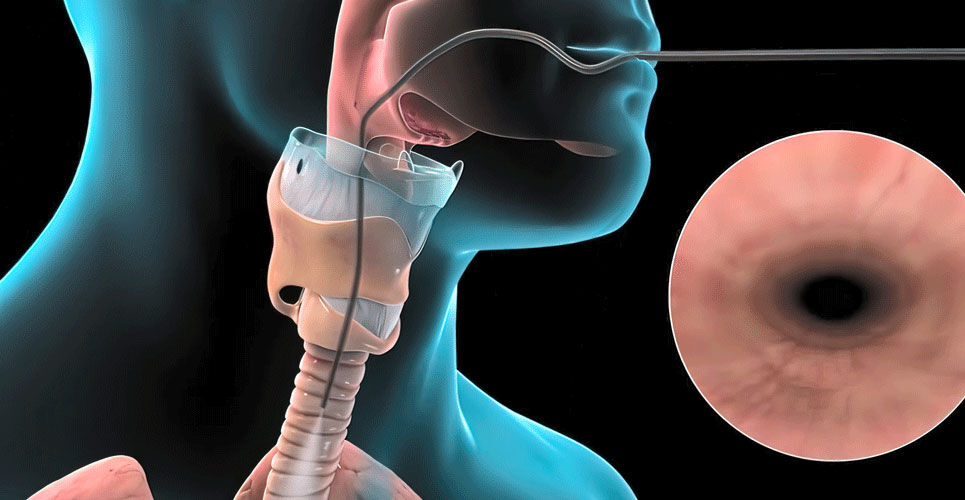A dextromethorphan premedication one hour before a flexible bronchoscopy procedure provides an added cough suppression to conscious sedation
Dextromethorphan when given one hour before flexible bronchoscopy, as a premedication, appears to have an additional cough suppressant effect when used in conjunction with midazolam and lignocaine according to the results of a randomised, placebo-controlled trial by a team from the Department of Pulmonary Medicine & Critical Care, All India Institute of Medical Sciences, Bhubaneswar, Odisha, India.
Flexible bronchoscopy is a routinely performed procedure that has changed the course of pulmonary medicine and has an important role in diagnostic and therapeutic indications. Cough is a problem for many patients undergoing the procedure and the combined effect of midazolam and hydrocodone has been found to reduce coughing during the procedure. Other agents commonly used include topical lidocaine which has also been shown to reduce cough frequency. Given that cough remains a problem for some patients, the Indian team set out to assess the effectiveness of a traditional cough suppressant in combination with other agents during flexible bronchoscopy. The researchers used dextromethorphan, which is a non-competitive N-methyl-d-aspartate (NMDA) receptor antagonist, and widely used as an antitussive agent, particularly in over-the-counter cough medicines. Patients were administered 30 ml of syrup which contained either 90 mg of dextromethorphan or placebo, an hour before their procedure. In addition, all patients received 2ml of lignocaine 2% gel and midazolam. The primary outcome was the patient’s self-rated cough, using a visual analogue scale (VAS) at the end of the procedure, whereas a secondary aim was the effect of dextromethorphan on patient’s self-reported level of cough, one hour after the procedure. The team also asked the bronchoscopist to assess patient’s level of cough.
Dextromethorphan and self-reported cough
A total of 94 patients with a median age of 51 years (32% female) were randomised 1:1 to either dextromethorphan (47) or matching placebo.
The patient self-rated median VAS score for cough at the end of the procedure (the primary outcome) was significantly lower in the dextromethorphan group (15 vs 20, p = 0.03). However, this difference in self-rated cough was no longer significant one hour after the procedure (p = 0.21) or based on patient-related discomfort at the end of the procedure (p = 0.49). Bronchoscopist’s rated perception of the patient’s cough, while lower for dextromethorphan, was non-significant (26 vs 35, p = 0.09).
The authors concluded that premedication 1 hour before flexible bronchoscopy with dextromethorphan may have an additive effect on cough suppression though further trials are required to confirm these findings.
Citation
Panigrahi MK et al. Dextromethorphan premedication in the alleviation of cough during flexible bronchoscopy in adults: A randomized double-blind placebo-controlled trial. Respirology 2023

